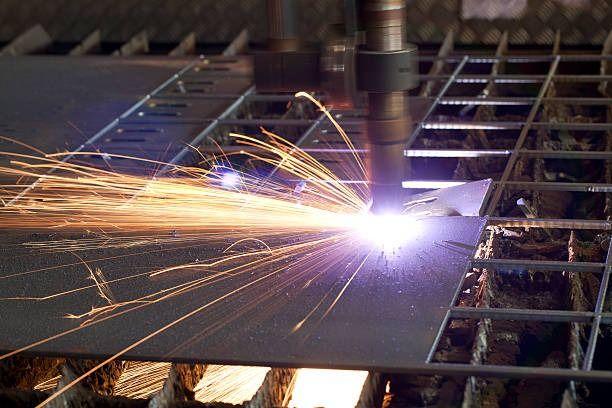Bladder endometriosis treatment
Endometriosis is a condition that affects millions of women worldwide, but when it involves the bladder, it can bring particularly challenging symptoms. Bladder endometriosis occurs when endometrial-like tissue grows on or inside the bladder, leading to painful urination, pelvic discomfort, frequent urges to urinate, and sometimes blood in the urine. For many women, these symptoms can disrupt daily life, relationships, and overall well-being. Fortunately, effective bladder endometriosis treatments are available, offering hope and relief.
Understanding Bladder Endometriosis
Bladder endometriosis is less common than other forms, but it often appears alongside pelvic endometriosis. It may be diagnosed through imaging such as ultrasound or MRI, and in some cases, confirmed via laparoscopy. Early diagnosis is crucial since untreated bladder endometriosis can worsen over time, causing both urinary and reproductive complications.
Symptoms of Bladder Endometriosis
Women with bladder endometriosis may experience:
-
Pain during urination or a burning sensation.
-
Frequent need to urinate, even at night.
-
Blood in urine during menstrual cycles.
-
Chronic pelvic pain and pressure.
-
Pain during sexual intercourse.
Because symptoms overlap with conditions like urinary tract infections or interstitial cystitis, expert evaluation is key.
Bladder Endometriosis Treatments
There are multiple approaches to managing this condition, depending on severity and individual needs. Placed at the center of treatment is a combination of medical and surgical options designed to relieve symptoms and preserve quality of life. That’s why many women turn to bladder endometriosis treatments, which can include:
-
Hormonal Therapy: Medications such as birth control pills, GnRH agonists, or progestins can suppress endometrial tissue growth and reduce symptoms.
-
Pain Management: Nonsteroidal anti-inflammatory drugs (NSAIDs) may ease discomfort while other treatments are planned.
-
Minimally Invasive Surgery: Laparoscopic or robotic-assisted surgery can remove endometriotic lesions on the bladder while minimizing recovery time.
-
Multidisciplinary Care: Coordinated treatment involving gynecologists, urologists, and fertility specialists ensures comprehensive care.
Role of Specialized Centers
Choosing the right medical team makes a significant difference in outcomes. The Center for Endometriosis and Fertility is a leading provider of advanced treatments for complex cases, including bladder endometriosis. Their specialists combine precise diagnostics, personalized care, and surgical expertise to ensure patients receive effective, compassionate treatment.
Final Thoughts
Living with bladder endometriosis can feel overwhelming, but effective treatments are available. From hormonal therapies to minimally invasive surgery, women can find relief and reclaim their quality of life. With expert care at trusted facilities like the Center for Endometriosis and Fertility, patients can move forward with confidence, knowing their health and fertility goals are in the best hands.






